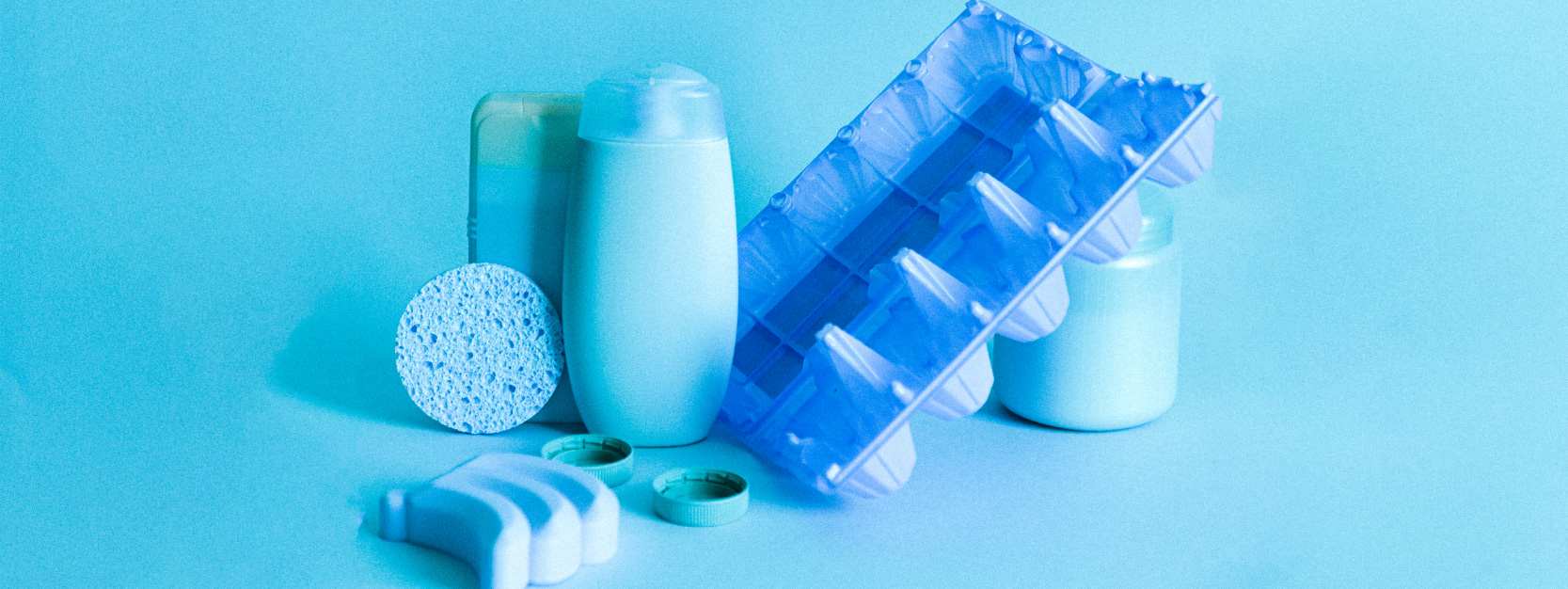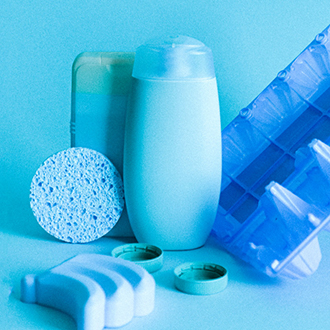
The spread of multi- and pan-resistant bacteria (known as “superbugs”) across the globe is resulting in infections that are resistant to antibiotics and other existing antimicrobial medicines.
Take for example the antimicrobial preservative agent PHMB, which is used as a component in sanitizers to disinfect various surfaces.
In October 2020, the Government of Canada announced that it was considering restrictions on the use of PHMB in personal care products — such as wet wipes and hand washes — and pharmaceuticals due to the risks associated with substance exposure.
Many consumer products incorporate nanomaterial additives, particularly silver nanoparticles (or nanosilver), with antibacterial properties to guarantee safety from microbial agents.
Nanotechnologies have been commonly employed in food and liquid production, processing, and packaging in the global market, but are raising safety questions, as scientists have found that nanoparticles can affect cellular function in the human body from through inhalation, ingestion, or absorption. There are concerns that nanosilver can migrate from food packaging and into foods, exposing consumers to unknown hazards.
New antibacterial solutions are urgently needed in the materials used in day-to-day consumer products. To combat the potential hazards of biocide and nanosilver additives, BACTOSTAT™ Antimicrobial Technology presents leading bacteria-repellent solutions through antimicrobial and antiviral plastics that are biocides-free and nanosilver-free. BACTOSTAT™ Technology, which does not use biocides and antibiotics, will not result in superbugs. In fact, BACTOSTAT™ products consist of polymers that are engineered to be bacteriostatic and bactericidal, and to contain safer bacterial repellent characteristics.
From the EVERCLEAN straw to reusable plastic containers and cups, BACTOSTAT™’s non-leaching antimicrobial technology has various food contact-safe and eco-friendly advantages.



